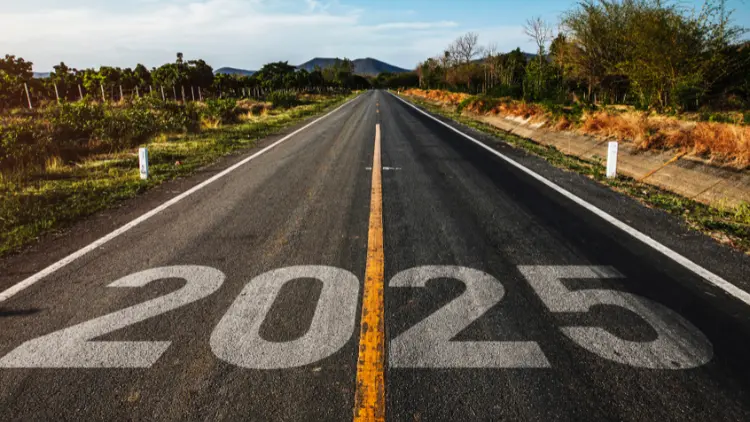B2B Marketing Insights to Shape Your Business Strategy

In 2024, the B2B marketing landscape experienced dramatic transformations, driven by advancements in artificial intelligence, evolving content marketing challenges, and the urgent need to prepare for a cookie-free future. To help marketers navigate these shifts, we’ve compiled insights from the most authoritative reports published in 2024, offering a clear picture of where the industry is headed.
Jump To Section

Earn As You Learn
Earn 25% commission when your network purchase Uplyrn courses or subscribe to our annual membership. It’s the best thing ever. Next to learning,
of course.
AI’s Role Expanded—But Challenges Persist
AI became indispensable, with 95% of marketers using AI tools describing their strategies as “very effective” (HubSpot State of Marketing, 2024). Generative AI made its mark, with 56% of marketers reporting that AI-generated content outperformed traditional content (HubSpot State of Marketing, 2024).
Yet, trust issues remain: only 4% of B2B marketers expressed high trust in AI-generated outputs, and 60% raised concerns about brand harm due to issues like plagiarism or bias (Content Marketing Institute’s B2B Benchmarks, 2024). Surprisingly, 81% of teams lacked a clear AI roadmap despite growing reliance on these tools (2024 State of Marketing AI Report).
Content Marketing’s Complexity Grows
Content marketing remained central to B2B strategies, but challenges mounted. Creating conversion-focused content was the top difficulty (55%), followed by differentiating content (43%) and producing consistent, high-quality material (42%) (Content Marketing Institute’s B2B Benchmarks, 2024).
Despite these hurdles, marketers leaned heavily on short-form articles (92%), videos (76%), and case studies (75%), with organic social media and blogs as dominant channels (Content Marketing Institute’s B2B Benchmarks, 2024).
Budgets Pivot to Digital-First Strategies
Budgets reflected a shift toward digital, with 72% of marketers expecting higher annual budgets and 63% of ad spend directed to digital platforms (Nielsen 2024 Annual Marketing Report).
For 2025, marketers plan to amplify investments in video content (61%), thought leadership (52%), and AI for content optimization (40%) (Content Marketing Institute’s B2B Benchmarks, 2024).
Facing a Cookie-Free Future
As third-party cookies phase out, only 47% of companies have strategies to adapt, leaving many unprepared (HubSpot State of Marketing, 2024). Alternative targeting approaches, such as first-party data and contextual targeting, will become critical in maintaining audience engagement.
The Takeaway for 2025
B2B marketers must prioritize building AI roadmaps aligned with ethical practices, investing in content marketing technologies, reallocating budgets to impactful areas, and preparing for the cookie-free challenge with innovative targeting strategies.
Read the full article here.


Leave your thoughts here...
All Comments
Reply